NAD+ effects on longevity, brain function and Parkinson’s Disease
Nicotinamide adenine dinucleotide (NAD⁺) is a vital coenzyme present in every cell of the body, playing a crucial role in various biological processes, including energy metabolism, DNA repair, and maintaining overall cellular health. As we age, NAD⁺ levels naturally decline, which has been associated with several age-related health issues. Recent research has highlighted the potential benefits of NAD⁺ supplementation, particularly concerning DNA repair and brain function.
NAD⁺ and DNA Repair
DNA integrity is essential for proper cellular function and overall health. However, DNA is continually subjected to damage from various sources, such as environmental toxins and normal metabolic processes. Efficient DNA repair mechanisms are vital to counteract this damage and maintain genomic stability.
NAD⁺ serves as a substrate for several enzymes involved in DNA repair, including poly(ADP-ribose) polymerases (PARPs) and sirtuins. PARPs detect DNA strand breaks and facilitate their repair, consuming NAD⁺ in the process. Sirtuins, particularly SIRT1, are involved in deacetylating proteins that contribute to DNA repair and genomic stability.
Studies have demonstrated that declining NAD⁺ levels can impair DNA repair mechanisms. For instance, research indicates that NAD⁺ depletion affects the NAD⁺/SIRT1 axis, leading to defects in mitochondrial homeostasis, increased reactive oxygen species (ROS) production, compromised DNA repair, and reduced cell survival.
Conversely, replenishing NAD⁺ levels has shown promise in enhancing DNA repair capacity. In a study involving a mouse model of Alzheimer's disease with introduced DNA repair deficiency, NAD⁺ supplementation normalized key Alzheimer's features and improved DNA damage responses.
Interplay Between NAD⁺ and NADH
NAD⁺ and NADH function as a redox pair, facilitating electron transfer in metabolic reactions. NAD⁺ acts as an electron acceptor, becoming reduced to NADH, which then serves as an electron donor in subsequent reactions. This cyclical conversion is fundamental to processes such as glycolysis, the tricarboxylic acid cycle, and oxidative phosphorylation, ultimately leading to ATP production—the primary energy currency of the cell. The ratio of NAD⁺ to NADH within cells is a critical determinant of cellular redox status and metabolic activity. Alterations in this ratio can influence various cellular functions, including gene expression, aging, and susceptibility to diseases.
NAD⁺ and Brain Function
NAD⁺ is integral to brain health, influencing cognitive functions, neuronal survival, and neuroinflammation. Age-related decline in NAD⁺ levels has been linked to neurodegenerative conditions and cognitive impairments.
Research has shown that restoring NAD⁺ levels can have neuroprotective effects. For example, a study found that NAD⁺ administration rescued cognitive deficits and inhibited neuroinflammation by protecting mitochondria and decreasing ROS production in rats with chronic cerebral hypoperfusion.
jneuroinflammation.biomedcentral.com
Additionally, studies in animal models of aging and Alzheimer's disease have demonstrated that restoring youthful NAD⁺ levels improves cognitive function.
Nicotinamide adenine dinucleotide (NAD⁺) and its reduced form, NADH, are essential coenzymes present in all living cells, playing a pivotal role in energy metabolism and maintaining cellular health. Understanding the interplay between NAD⁺ and NADH is crucial, as imbalances in their ratio can significantly impact various physiological processes.
NAD⁺ and Parkinson's Disease
Parkinson's disease (PD) is a progressive neurodegenerative disorder characterised by the loss of dopaminergic neurons in the brain, leading to motor dysfunction and other symptoms. Emerging research suggests that NADH supplementation may offer therapeutic benefits for individuals with PD.
In an open-label trial conducted by Dr. George Birkmayer and colleagues, 885 patients with Parkinson's disease received NADH either intravenously or orally. The study reported that approximately 80% of the patients experienced a beneficial clinical effect: 19.3% showed a significant improvement in disability (30-50%), while 58.8% exhibited a moderate improvement (10-30%). The remaining 21.8% did not respond to NADH treatment.
These findings indicate that NADH supplementation may enhance dopamine biosynthesis, potentially improving motor symptoms associated with PD. However, it's important to note that while these results are promising, further research, including randomised controlled trials, is necessary to establish the efficacy and safety of NADH supplementation in Parkinson's disease management.
Current Research on NAD⁺ Supplementation and Longevity
Preclinical studies have demonstrated that increasing NAD⁺ levels can lead to improvements in physiological functions and markers of healthspan. For instance, animal models have shown enhanced glucose and insulin regulation, improved mitochondrial function, and better cognitive performance with NAD⁺ precursor supplementation. These findings suggest potential benefits of NAD⁺ in promoting healthy aging.
In human studies, supplementation with NAD⁺ precursors like nicotinamide riboside (NR) and nicotinamide mononucleotide (NMN) has been shown to effectively increase NAD⁺ levels. A study reported that chronic NR supplementation was well-tolerated and stimulated NAD⁺ metabolism in healthy middle-aged and older adults.
Another study found that long-term NMN supplementation demonstrated potential in reducing intestinal fibrosis and restoring microecological balance in animal models, indicating possible benefits for human health.
translational-medicine.biomedcentral.com
Potential Applications of NAD⁺ Supplementation
Given its role in DNA repair and brain function, NAD⁺ supplementation may offer several health benefits, including:
Enhancing Cognitive Function: Improved NAD⁺ levels may support mental clarity, focus, and memory, potentially benefiting individuals experiencing age-related cognitive decline.
Supporting Neuroprotection: By reducing neuroinflammation and oxidative stress, NAD⁺ may help protect against neurodegenerative diseases.
Promoting Cellular Longevity: Through its involvement in DNA repair and mitochondrial function, NAD⁺ contributes to cellular health and longevity.
In summary, NAD⁺ plays a pivotal role in maintaining DNA integrity and supporting brain health. Supplementation to restore NAD⁺ levels holds potential as a therapeutic strategy for enhancing cognitive function and promoting overall cellular health, enhancing longevity.
